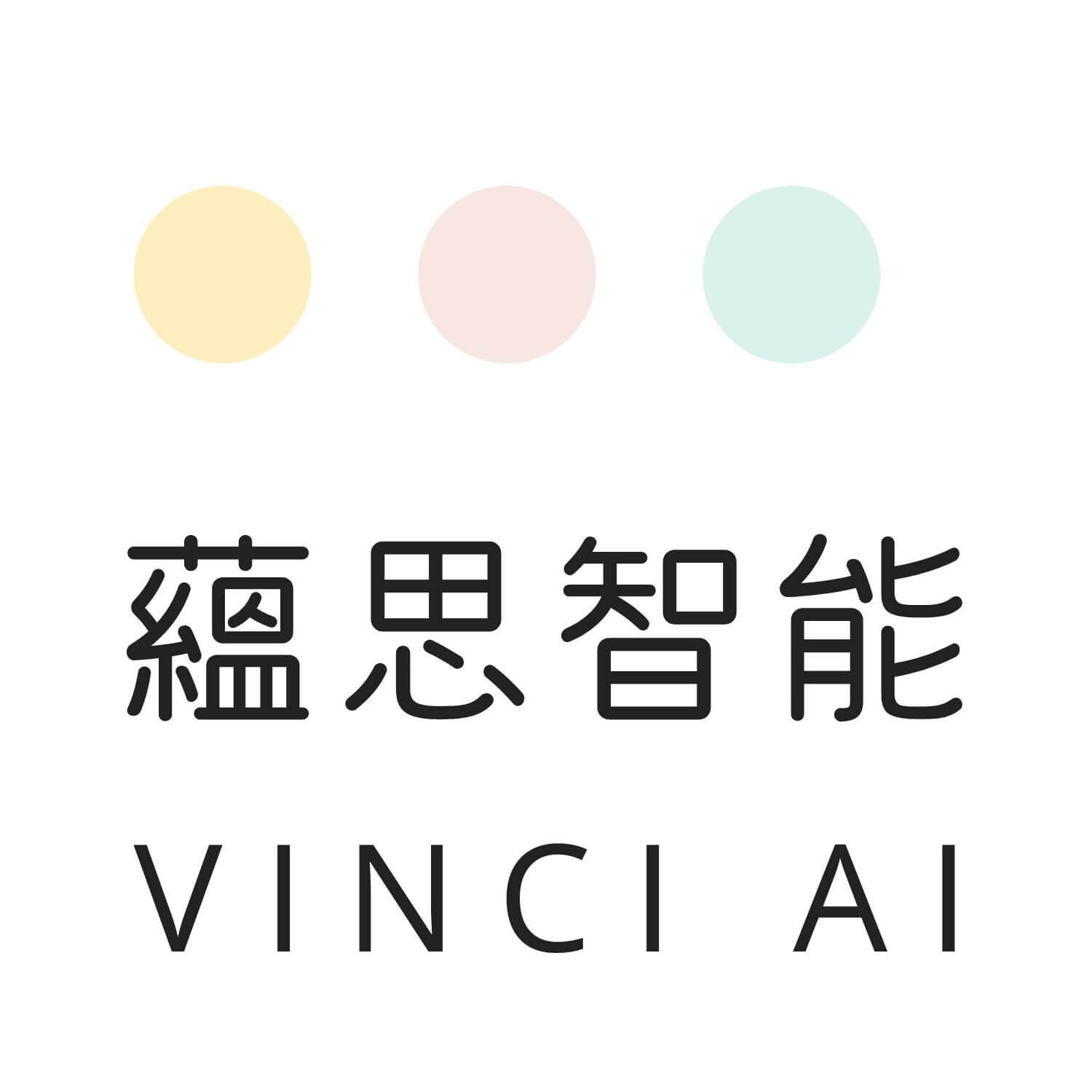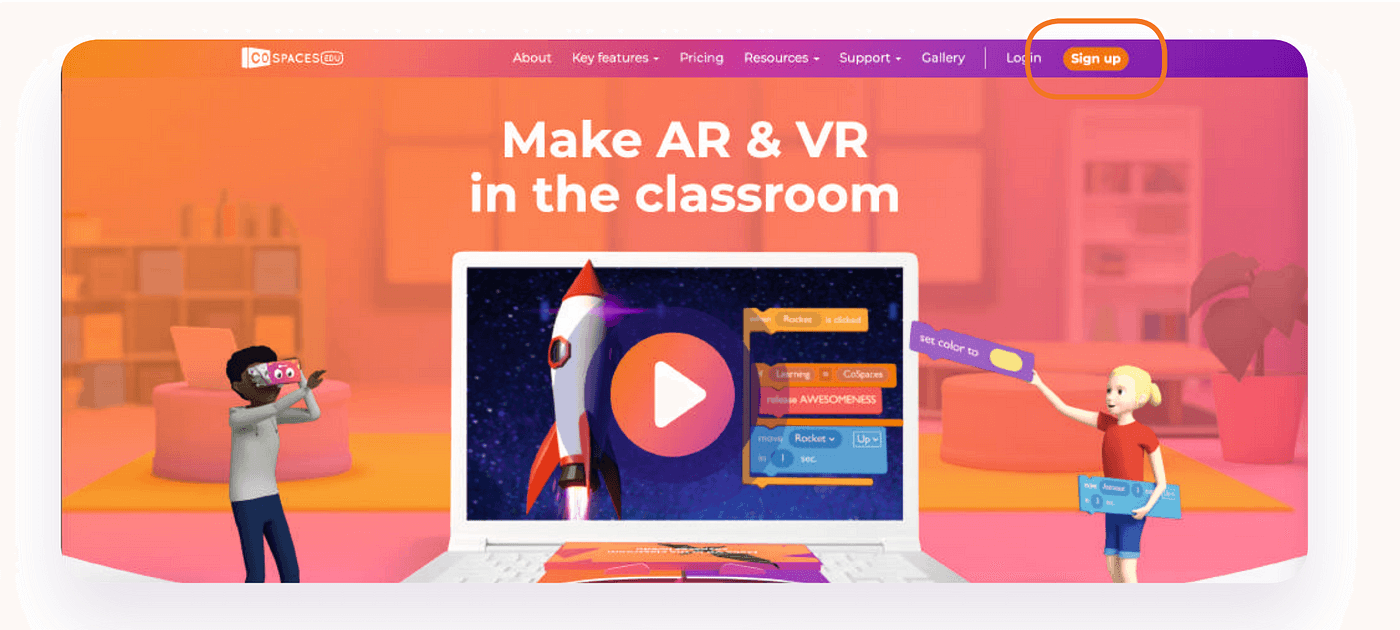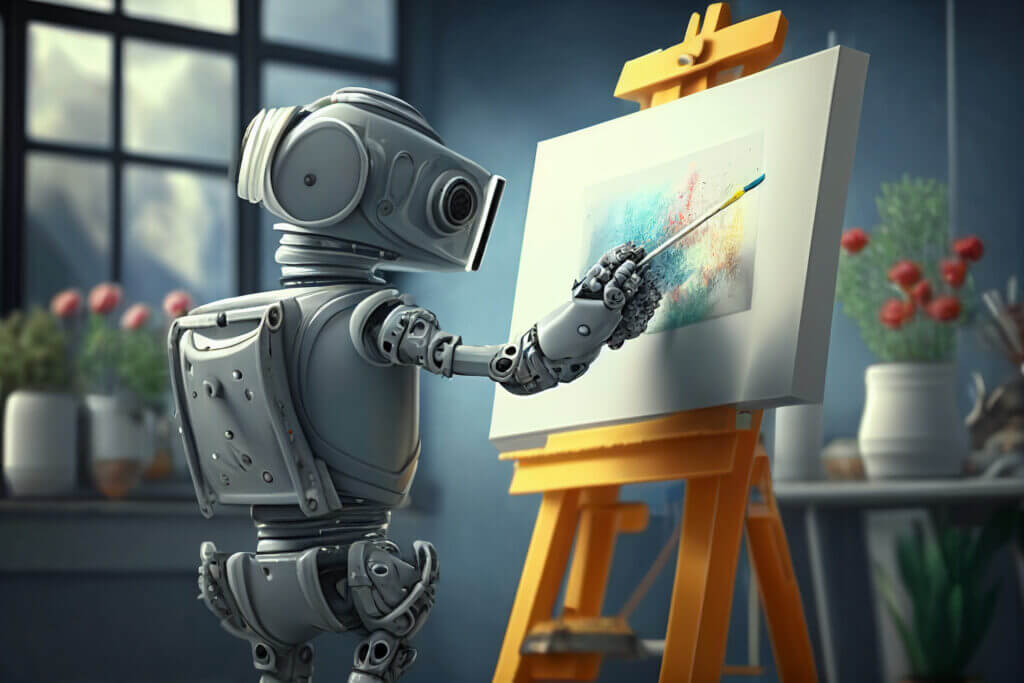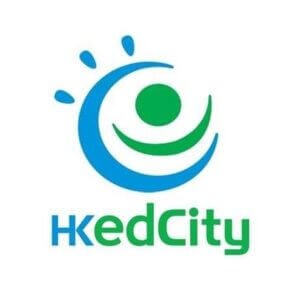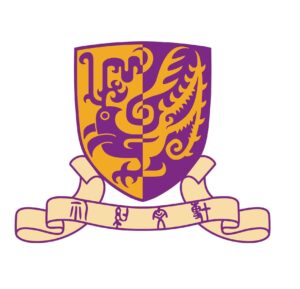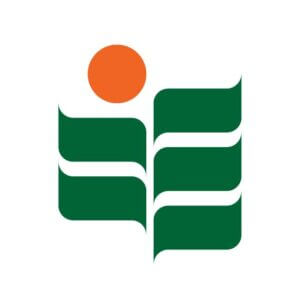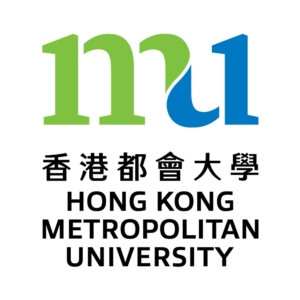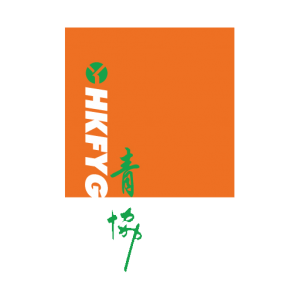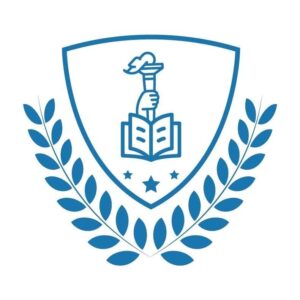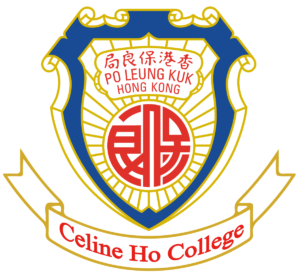AI Artificial Intelligence Course
Vinci AI is a leading AI education institution focused on providing artificial intelligence and STEM courses for primary and secondary school students. We are committed to promoting AI literacy by collaborating with institutions such as Hong Kong Education City and the Education University of Hong Kong, and by participating in and co-organizing large-scale competitions, providing students with diverse learning experiences. We offer in-school courses and have a teaching team comprised of experienced AI university lecturers and doctoral-level experts, having served over [number missing] [number missing] [units missing].300 roomsPrimary and secondary schools, benefitingMore than 25,000student.
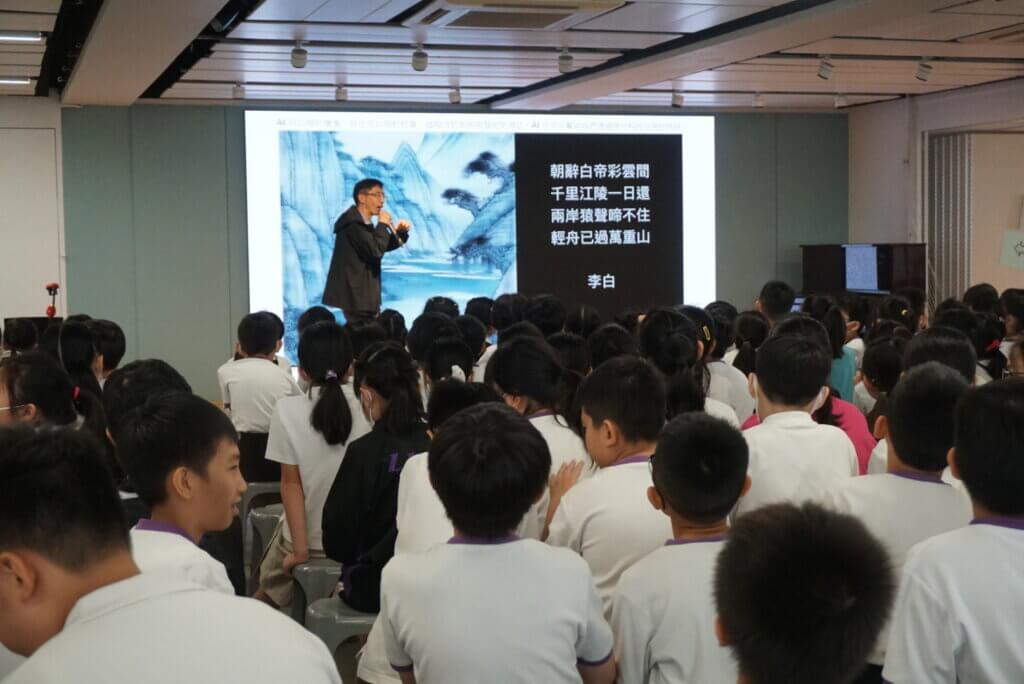
AI course learning ladder
Elementary AI Artificial Intelligence Course
Suitable for primary school and junior high school students, no programming experience required
The entry-level course is mainly aimed at inspiring interest and is suitable for students with zero foundation in AI and programming. The course covers AI art creation, music creation, robot control, VR/AR experience, etc., allowing students to easily master the basic concepts of AI and cultivate logical thinking and creativity through game-based learning. Learning these knowledge points can open up students' interest in technology and lay the foundation for more in-depth learning in the future. It is the entry-level ladder for AI learning.
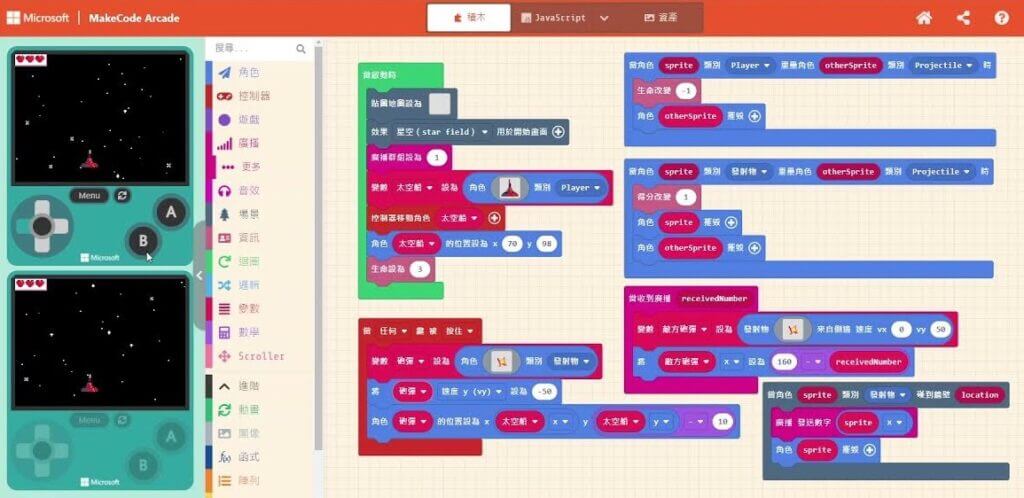
Intermediate AI Artificial Intelligence Course
Suitable for high school and junior high school students, it is recommended to have some programming experience
Intermediate courses are suitable for students who have mastered basic programming concepts and are designed to strengthen students' programming abilities and AI application skills. The courses cover Python programming, Internet of Things applications, robot competitions, drone control, etc., allowing students to learn in practice and improve their problem-solving abilities and innovative thinking. Learning these knowledge points can improve students' technological literacy and prepare them for participating in more advanced AI projects in the future. It is an advanced step in AI learning.
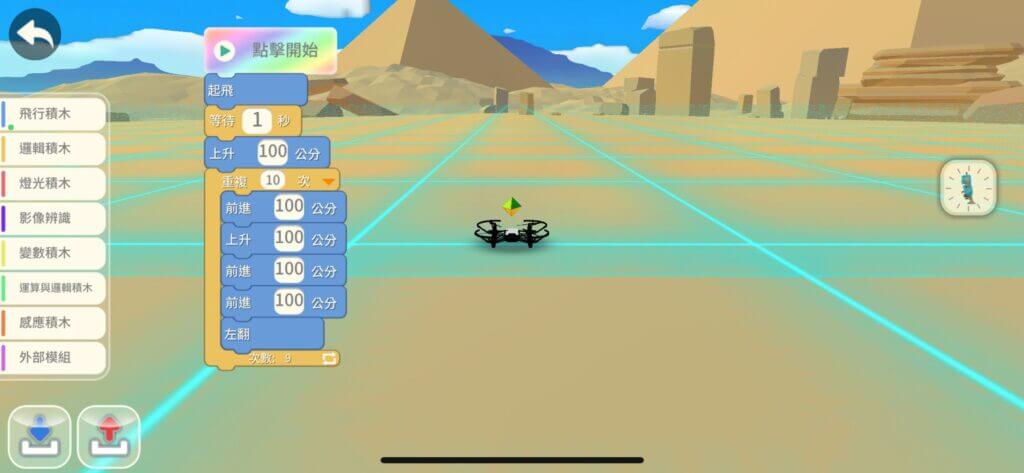
Advanced AI Artificial Intelligence Course
Suitable for middle school students, who need to have a basic knowledge of Python programming
The advanced course is designed for students with a foundation in Python programming and aims to cultivate students' deep learning capabilities and AI project development capabilities. The courses cover deep learning, machine learning, cloud platform applications, chat robot development, autonomous driving, robotic arm control, etc., allowing students to master cutting-edge AI technology and improve scientific research capabilities and competitiveness. Learning these knowledge points can allow students to delve into the field of AI and lay a solid foundation for future studies or employment. It is a professional ladder for AI learning.
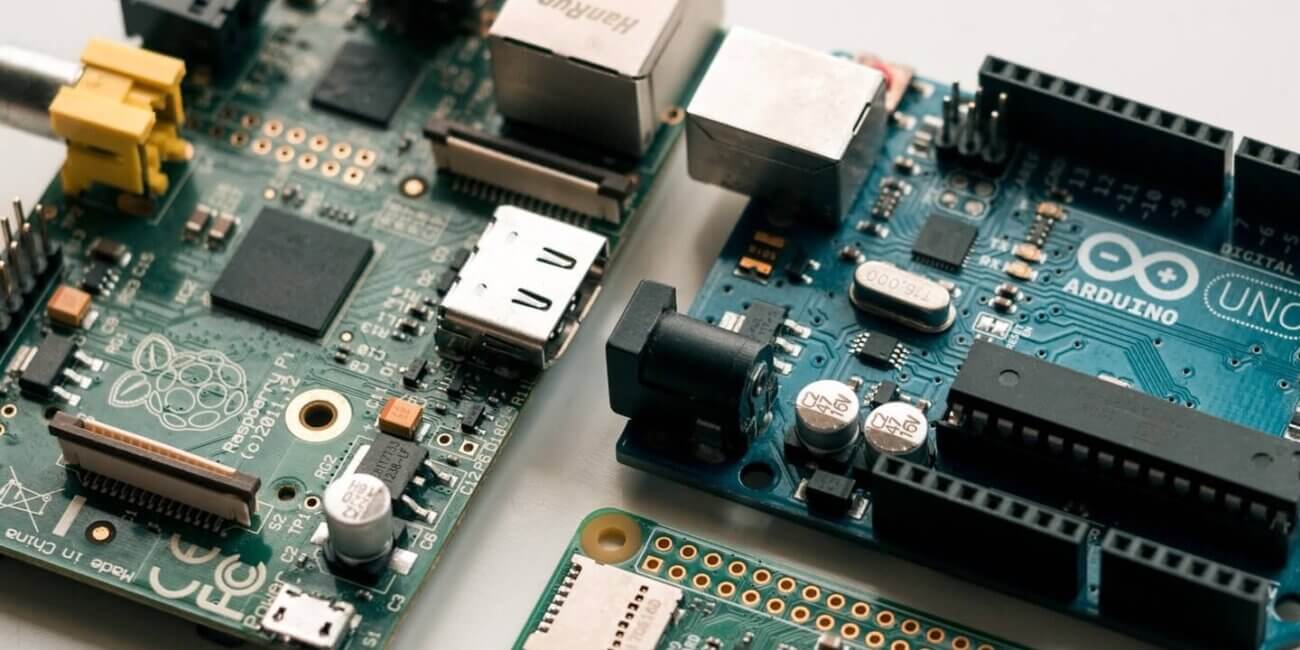
Request the full course syllabus
Get Vinci AI by filling out the form once. Complete course resource library Cloud access permissions. We have prepared the following documents for your convenience. Curriculum Planning and IT Innovation Lab / QEF Grant Application
-
📘 Course Unit Structure: Coverage Python LLM,AI-generated art, Unitree robotics courses, etc.syllabus
-
🤖 Hardware specifications: Unitree Robots (Go2, R1),drone swarm and UGOT Robot Hardware Details
-
🏆 Activity plan reference: STEM Day: Comprehensive Learning Day Procedures and School Competition Details
(After submitting the form, the resource library link will be sent to your email immediately.)
Selected AI Artificial Intelligence Courses
Robotics Course Topics
UGOT World Robotics Competition Course
Vinci AI and UBTECH present the "UGOT World Robotics Competition School Course" to all primary and secondary schools in Hong Kong.We will directlyBring the UGOT AI robot, the "best of the best" of the 2024 German Red Dot Design Award, and its accompanying competition-level courses to your campus .
Through the on-campus guidance of our professional instructors, your students will be able to systematically master cutting-edge AI technology and have the opportunity to represent their school on the stage of the World Robot Competition (WRC), known as the "Olympics of the Robot World", winning the highest honor for themselves and their school. .
Corresponding events (white list events approved by the Ministry of Education of China):
- World Robot Contest (WRC)
- National Primary and Secondary School Information Technology Innovation and Practice Competition (NOC)
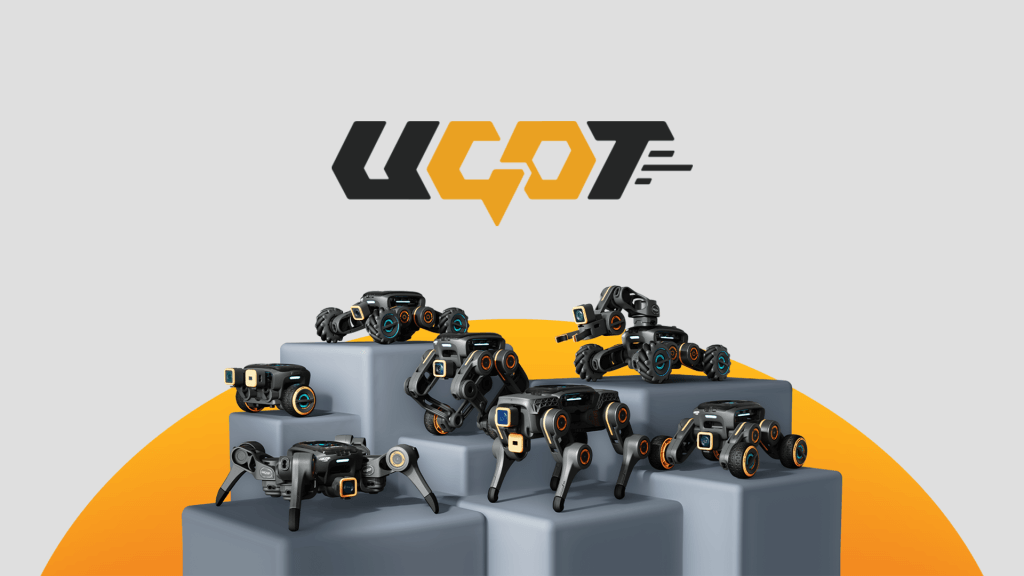
From quadruped to humanoid: Embarking on a journey into the future of AI programming.
Unitree AI Robotics Course
How can we ensure students master robotics technologies from basic to cutting-edge? How can we ensure that schools' AI courses are aligned with the world's leading technologies and seamlessly connect with the future?
Vinci AI proudly presentsUnitree Go2 & R1 AI Robotics Programming CourseWe will guide students, starting with controlling the flexible and agile Go2 quadruped robot, and gradually moving towards the higher level of mastering the cutting-edge humanoid robot R1, providing a complete learning path from graphical introduction to professional Python development.
Through the curriculum design and support of our PhD-level AI experts, your students will be able to program robots by hand, giving them life and truly mastering the core skills of Embodied AI, laying the most solid foundation for future development in the field of artificial intelligence.
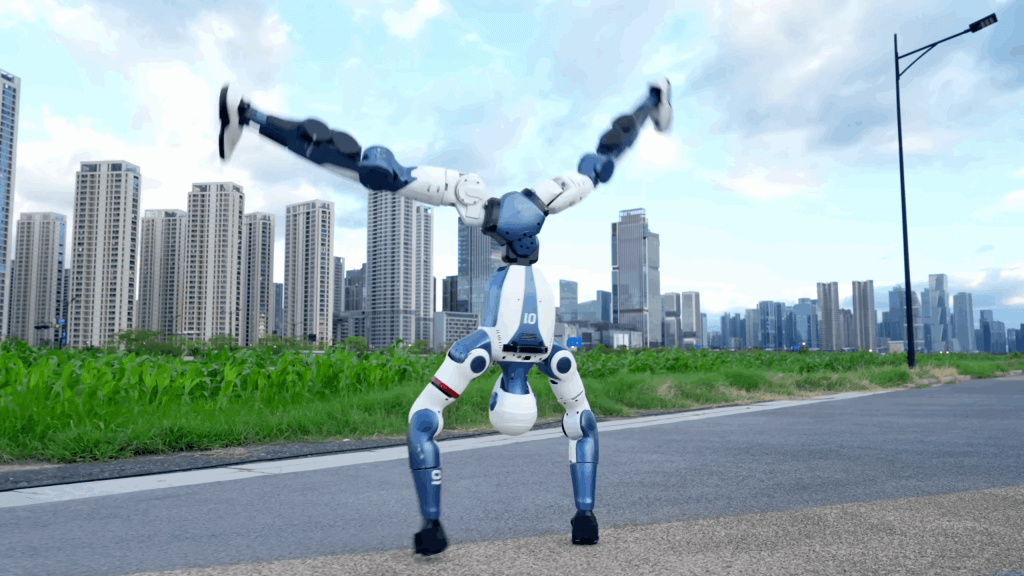
Course topics include:
- Graphical Programming: Drag-and-Drop Logic and Flow Control
- Advanced Python Programming: Official SDK and Low-Level Control
- Robotic Operation System: ROS2 Framework, Node Communication and Visualization Tools
- AI Vision Applications: Object Detection, Image Recognition and Tracking
- Autonomous Navigation: LiDAR Sensor Applications and SLAM Map Building
- Human-computer interaction: speech recognition, speech synthesis and command execution
LEGO SPIKE Programming Course
LEGO SPIKE Course: Let children explore the mysteries of robotics, from assembly to programming, from basic programming concepts to sensor applications, and finally delve into the field of artificial intelligence. Through hands-on practice and challenges, this course cultivates children's logical thinking and problem-solving abilities while igniting their passion for the future world!
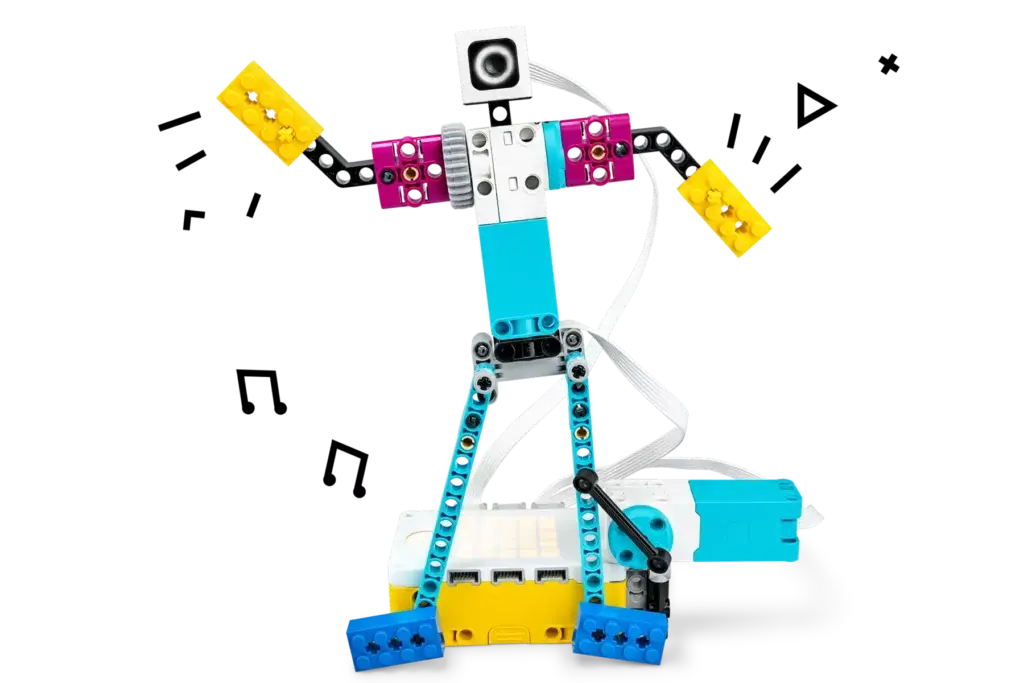
Learn how to create and design 3D virtual environments
CoSpaces VR Creation Course
CoSpaces is a digital learning platform that provides students and teachers with a virtual collaborative space. Through CoSpaces, you can engage in real-time cross-school collaboration, remote teaching, and team cooperation. This platform allows users to create and design 3D virtual environments and engage in various activities within these environments, such as game design, scientific experiments, programming, and storytelling. This design process helps foster students' creativity, logical thinking, and problem-solving abilities.This design process helps cultivate students' creativity, logical thinking, and problem-solving skills.
Course topics include:
- Introduction to CoSpaces
- Exploring CoSpaces
- Exploring Coding Concepts with CoSpaces
- Advanced Coding Concepts
- Design Principles in CoSpaces
- Collaboration and Practice Exercises in CoSpaces
- Creating More Complex Interactive Spaces
Deep learning generative AI and AI painting
Introduction to AI Art Creation
Introduction to AI Artistic Creation: The aim of this course is to provide students with a deeper understanding of generative AI and AI painting, and through hands-on exercises, master the use of AI image generation software such as OpenArt. Firstly, we will introduce the fundamental principles and tools of generative AI and AI painting. Next, students will learn how to operate the OpenArt software to create artistic compositions with their own styles using text or images as input. Lastly, we will teach students how to use AI techniques to add color and shading to hand-drawn sketches, and incorporate the styles of various artists into their own artwork through AI style transfer. By the end of this course, students are expected to enhance their creativity and imagination while acquiring practical skills in the application of AI in art.
Introduction to AI painter
AI-assisted sketching
AI and abstract art
AI game character design
AI poetry and visual art
AI artist collaboration
Introduction to Artificial Intelligence|Face Recognition|Object Tracking|Color Tracking
Maqueen Huskylens Course
This course will introduce the combination of Maqueen Plus robot and HuskyLens visual recognition module, demonstrating its powerful artificial intelligence capabilities. Learn how to use this hardware to implement various AI applications, such as object recognition, color tracking, face recognition, etc. Makecode and Python languages will be used for programming in the course. Whether you are a beginner or an experienced developer, Maqueen Plus + HuskyLens is an ideal way to explore Python and AI. Through this course, let us embark on a wonderful journey of artificial intelligence and robots!
- Microsoft Makecode Usage
- The basic concepts of programming
- How to use sensors (such as ultrasonic)?
- Creating a facial recognition model
- Creating an object tracking model
- Creating a color tracking model
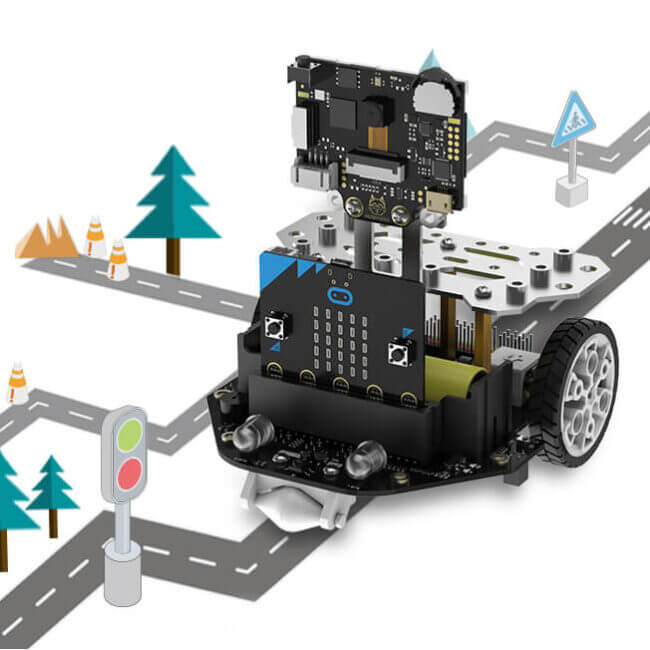
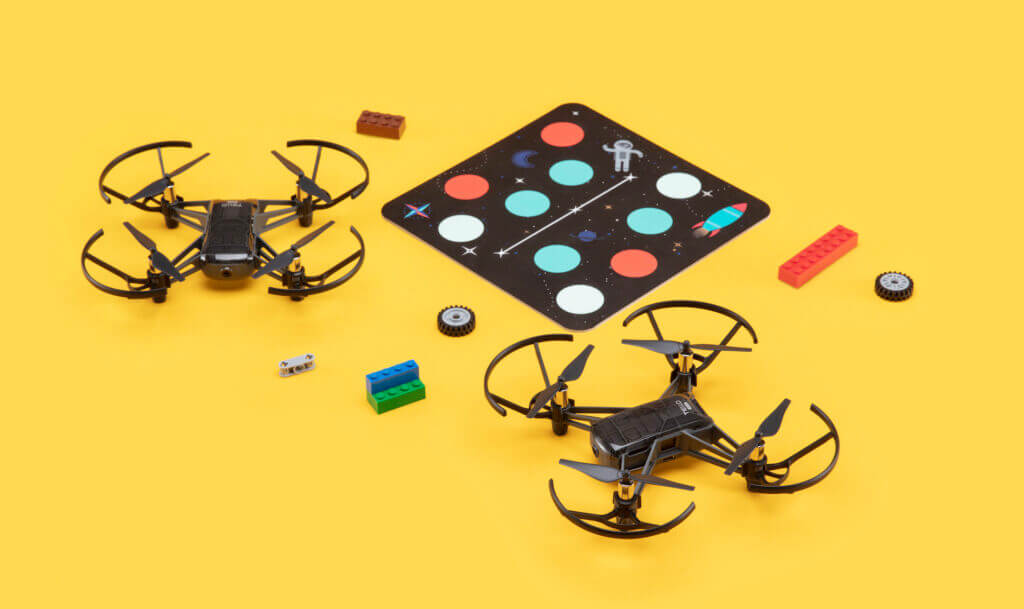
Suitable for students to engage in programming learning and creative exploration
Drone Programming Course
This course will introduce students to the world of drone technology and explore how to apply programming techniques and STEM concepts to develop innovative solutions. Through hands-on activities and experiments, students will learn how to program drones and apply them to scientific experiments, technical explorations, and creative applications. This course aims to cultivate students' logical thinking, teamwork, and innovation skills while expanding their knowledge and skills in technology. It will allow them to discover the vast potentials of applying drones to solve real-world problems through creativity and code.
Course topics include:
- Introduction to Python Programming
- Drone Operation and Control
- Drone Sensor Applications
- Practical project: Intelligent application of drones
Jointly developed with Hong Kong Education City
Game Design Course
This "Computational Thinking Game Design Course" jointly developed by us and Hong Kong Education City aims to introduce students to the basic concepts and skills of game development and cultivate their computational thinking and creativity through the use of the MakeCode Arcade platform.
Students will learn to use MakeCode Arcade's simple block programming interface to create their own games based on student level, and experiment with different game elements and interactive designs. This workshop will provide an interactive learning environment where students can experience the fun and potential of game development.
Course topics include:
- Key elements of operational thinking
- Apply computational thinking to solve problems
- Create your own game with MakeCode Arcade
- Design games that include levels, characters, scoring, etc.
- Develop different types of games such as fantasy mazes, space adventures, etc.
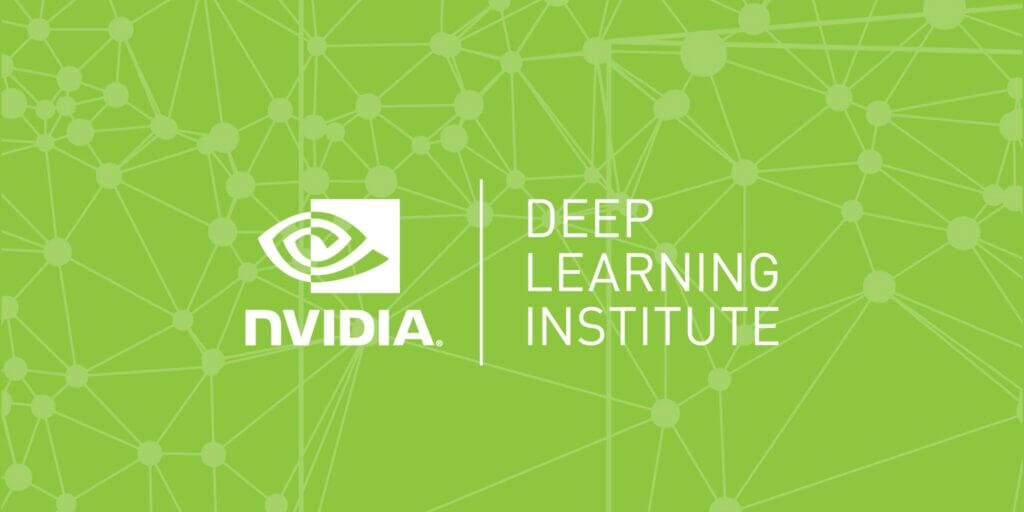
Practical Development of Large Language Models (LLM)
LLM AI Agent Design Course
This course guides students beyond simply experiencing AI dialogue and to gain a deeper understanding of... Large Language Model (LLM) The core of its development. Through advanced Visual application orchestration platformStudents will learn RAG (Retrieval Enhancement Generation) Using technology, build AI systems capable of accurately referencing knowledge bases; and further design systems with autonomous reasoning capabilities. AI Agent (Intelligent Agent).
The course emphasizes practical application, enabling students to build automated workflows capable of performing complex tasks without requiring an advanced programming background. From Prompt Engineering to AI system architecture, it comprehensively cultivates students' logical thinking and creativity in the era of generative AI, allowing them to create truly reasoning-driven and action-oriented AI applications.
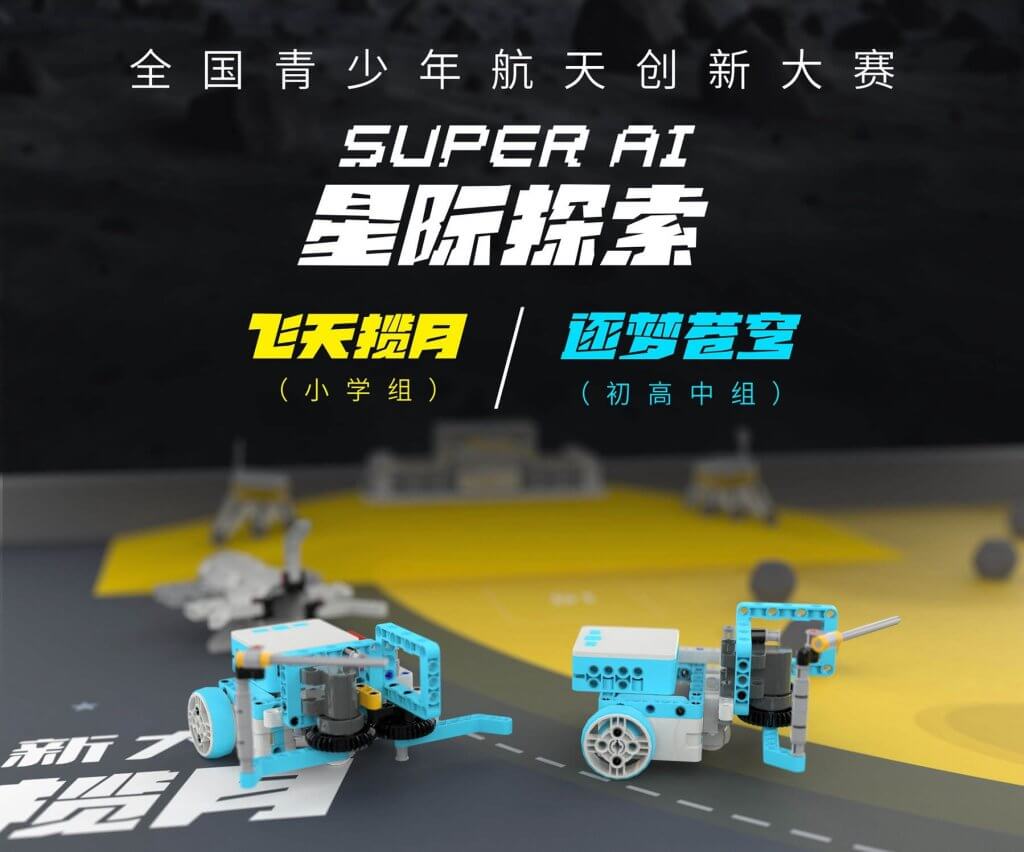
Participate in officially recognized robot competitions in Hong Kong and Mainland China
Super AI Challenge Competition Course
Yunsi Intelligent, as the exclusive distributor of Zhongming Robot in Hong Kong, now launches the "Super AI Challenge Competition Course". The course uses the Super AI Challenge robot kit developed by Zhongming Robot and has won multiple patents, and is combined with the Hong Kong competition The "Innovation Association Cup" and many officially recognized competitions in mainland China allow children to gain a sense of accomplishment in the learning process and stimulate their learning potential!
- World Robot Competition (WRC)
- National Primary and Secondary School Information Technology Innovation and Practice Competition (NOC)
- National Youth Aerospace Innovation Competition
- National Youth Science and Technology Education Achievements Display Competition
- National Youth Artificial Intelligence Innovation Challenge
- Competitions such as "Innovation Association Cup" and Super AI Challenge
Systematically lay a solid foundation in Python
ICT Python Course
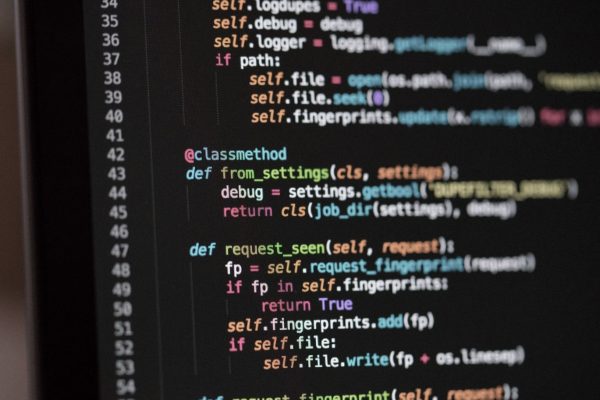
With the reform of the DSE ICT curriculum in 2025, programming skills and computational thinking have become compulsory core competencies. As one of the most popular and easy-to-learn programming languages, Python has been included as the designated language of DSE ICT. To help schools and students adapt to the new curriculum, we have specially designed this course.
This course focuses on the 2025 DSE ICT exam syllabus and is dedicated to cultivating students' programming abilities, computational thinking and problem-solving abilities. The course content covers the basics of Python language, classic algorithms and data structures, DSE examination question analysis, etc., while exploring the practical applications of Python in various fields. Our goal is to lay a solid foundation for programming, improve test-taking abilities, and stimulate interest in learning.
Course topics include:
- The Python syntax in the HKDSE ICT course
- Computational Thinking and Classical Algorithms
- Software engineering concepts and techniques
- DSE ICT exam preparation
Request the full course syllabus
Get Vinci AI by filling out the form once. Complete course resource library Cloud access permissions. We have prepared the following documents for your convenience. Curriculum Planning and IT Innovation Lab / QEF Grant Application
-
📘 Course Unit Structure: Coverage Python LLM,AI-generated art, Unitree robotics courses, etc.syllabus
-
🤖 Hardware specifications: Unitree Robots (Go2, R1),drone swarm and UGOT Robot Hardware Details
-
🏆 Activity plan reference: STEM Day: Comprehensive Learning Day Procedures and School Competition Details
(After submitting the form, the resource library link will be sent to your email immediately.)
Deeply rooted in AI education, trusted by 8 public and private universities in Hong Kong.
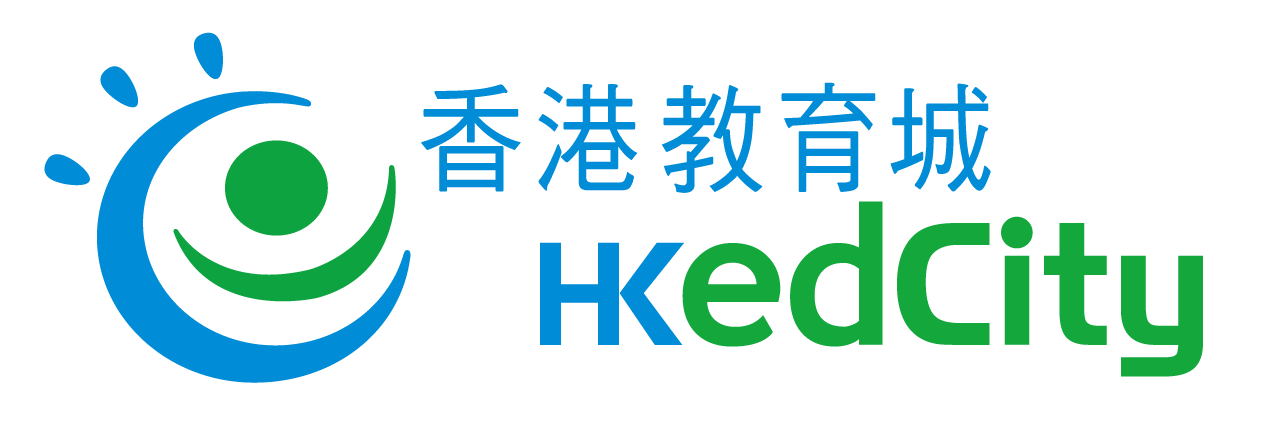
AI online course co-development partner
We have conducted online professional development training, with over 500 teachers participating; and we have collaboratively developed online self-study courses and workshops on AI and computational thinking, with over 10,000 students enrolled.

AI Application Practice Partner
For two consecutive academic years, we have collaborated with the Education University of Hong Kong to conduct AI training for its faculty and staff, covering topics such as report generation and academic research.

Training for 2,000+ AI Innovation Talents
A large-scale AI training camp was held for over 2,000 students across the university, focusing on how to apply generative AI tools to optimize project design and creative brainstorming.

AI Higher Education Training Commissioning Institution
We were commissioned to create a series of training programs for their faculty and staff on "The Application and Teaching Practice of AI in Higher Education"; guiding teachers to integrate AI into curriculum design, teaching assessment and student counseling.

Upgrading administrative and teaching effectiveness
This course provides HKUST faculty and staff with in-depth AI data analytics instruction, teaching them how to use AI to quickly process complex university data and extract insights from it.

AI Talent Training Partner
To develop AI workshops and AI job training workshops for students in Lingnan, and to train them in AI job skills.
AI Artificial Intelligence Education FAQ
What level of students are each of the three course ladders (beginner, advanced, and advanced) suitable for?
Beginner's course Suitable for primary school and junior high school students, no programming experience is required. It is designed to inspire students' interest in learning and establish basic knowledge of AI.Advanced courses Suitable for high school and junior high school students. It is recommended that students already have some programming experience. The course content covers more advanced programming skills and AI applications.Advanced courses It is suitable for middle school students who need to have a basic knowledge of Python programming. It is designed to cultivate students' deep learning ability and AI project development ability.
If a student does not have any programming experience, can I directly take an intermediate or advanced course?
We do not recommend that students without programming experience jump straight into advanced courses. It is recommended to start with an introductory or intermediate course to gradually build up programming foundation and AI knowledge, and then gradually learn more in-depth content.
How long does it take to complete each level of the course?
The time required for each course will vary depending on the course content and student learning progress. Generally speaking, each course takes approximately 10-20 hours to complete. Please refer to the individual course introductions for detailed information.
What is the Jetson AI Specialist certificate course series? What are the benefits of getting a certificate?
This series of courses is specially designed for high school students and aims to train students to become AI experts. The course content covers Python, deep learning, NVIDIA Jetson platform operation, and deep learning project practice. After completing the course and passing the assessment, students can obtain the NVIDIA Jetson AI Specialist certificate to prove their AI professional capabilities, which will help with further education and future employment.
What competitions will the Super AI Challenge competition course participate in?
This course aims to train students to participate in robotics competitions, including the World Robot Competition (WRC), the National Primary and Secondary School Information Technology Innovation and Practice Competition (NOC), the National Youth Aerospace Innovation Competition, and the CTEA "Innovation Association Cup" Creative Technology in Hong Kong "Whitelist" competitions such as robot competitions.
What is a "whitelist" competition?
"Whitelist" competitions refer to competitions that are officially recognized by the Ministry of Education of China. The competition results are regarded as officially recognized academic achievements and have important reference value for students' further studies and development, helping to enhance students' competitiveness.
What platforms and tools are used in the AIoT Smart Internet of Things course?
For students at different learning stages, we use platforms and tools such as Micro:bit and Boson (beginner/advanced) and Arduino (advanced/advanced) to allow students to learn the application and programming skills of the Internet of Things.
What game engines will be taught at the Metaverse Game Development Bootcamp?
This training camp covers three stages of game development, using game engines such as GDevelop (2D game development), Spatial (3D games and AI metaverse), and Unity (virtual reality game development).
What does the OpenAI Chatbot course cover?
This course covers the use of OpenAI API, dialogue data collection and management, advanced dialogue processing (Prompt Engineering), integrated applications (Telegram and MIT App Inventor), and performance evaluation and optimization.
What hardware are used in the Jetbot AI self-driving racing course and the Dofbot AI robotic arm course?
The Jetbot AI self-driving racing course uses the NVIDIA Jetson Nano-based Jetbot racing kit; the Dofbot AI robotic arm course uses the Dofbot six-degree-of-freedom educational robotic arm. Both courses use Python programming to control hardware.
Here are some of the schools and organizations they have previously served
Hong Kong Education City
Hong Kong Metropolitan University
Education University of Hong Kong
Oxbridge International School
Kingston International School
Cheung Chu Shan English Secondary School
Salesian English School
Tak Ai Secondary School
Po Leung Kuk Ho Yin Tong Secondary School
Tung Wah Group of Hospitals Fung Wong Fung Ting Secondary School
catholic wuhua middle school
Lize Middle School
Sister Delia Memorial School
Qingshan Catholic Primary School
Po Leung Kuk Lam Man Chan English Primary School
Po Leung Kuk Luk Hing Too Primary School
Po Leung Kuk Tin Ka Ping Primary School
Sir Kadoorie Government Primary School
Ping Shek Catholic Primary School
Shau Kei Wan Government Primary School
Tai O Primary School
Pok Oi Hospital Prime Minister's Association Liang Province School
POH 80th Anniversary Tang Ying Hei College
Buddhist Ye Jinan Secondary School
Yu Chun Keung Memorial Secondary School
Bishop John White Anglican Secondary School
Pat Heung Rural Committee Charity Secondary School
St. Peter's Secondary School
holy family school
Hong Kong Red Cross Hospital School
HK01 Summer AI Summer Camp 2022
Conducted artificial intelligence painting workshops for 30 primary schools
Youth Association Youth Center (Hung Hung Kiu)
Children's Club
Customer acceptance
d
"Our class includes some students with special educational needs (SEN), but our instructor is very patient in teaching and manages the classroom well. In general, students who are taught STEAM subjects don't usually show much response, but after observing several sessions, I noticed that the students frequently ask questions during class. The primary focus of the class is teaching AI, which can be challenging for elementary school students to grasp. However, the instructor uses examples that are relatable to daily life, so most of the students understand the workshop content."
Kevin Chung
Hong Kong Youth Association - Hung Shui Kiu Youth Centre SecretaryExample Title
The Vinci AI Wisdom AI Painting Course provides primary 5-6 grade students with a learning experience that integrates creativity and technology. The course uses professional painting software and AI technology to creatively produce lively and interesting artworks, cultivating students' creativity and skills. At the same time, the course helps students understand basic AI concepts and experience the impact of technology on art. Through exploration, sharing works, students' level of art learning is improved.
Teacher You
Po Leung Kuk Luk Hing Too Primary SchoolThe AI art creation workshop taught students to design English storybook covers through the OpenArt platform. This learning approach that combines creativity and technology can stimulate students' imagination and creativity. By using AI drawing tools to present "imagery" and even "ambience" through "metaphor", it is an inspirational and practical teaching activity.
Director Ma
Dabu District Primary SchoolThe instructors wholeheartedly teach students about AI knowledge, making the content relatable to real-life scenarios. The instructors also establish a friendly and enjoyable rapport with the students. The majority of the students are able to grasp the workshop content and benefit greatly from it.
Teacher Yip
St. Peter's Secondary SchoolExample Title
This academic year, our school's Chinese teachers participated in a series of five workshops titled 'How AI Can Promote Interdisciplinary and Chinese Language Teaching in Primary Schools' organized by Vinci AI. The teachers' feedback was positive, with the course content focusing equally on theory and practice, being highly practical and applicable for immediate use in unit inquiry lessons and Chinese language teaching. By utilizing AI as a teaching tool, it can enhance the effectiveness of teaching and learning.
Dr. Tang Shufen
Vice Principal of Kingston International SchoolExample Title
The company provides excellent STEAM education. The mentors are professional and the AI curriculum is thorough. With a teaching approach that is meticulous, patient and fully meets the needs of secondary schools.
Teacher Yang
Head of PLK Ho Yin Tung Secondary SchoolWhy choose Vinci AI ?
University lecturer teaching team
VInci AI's teaching team is rich in experience, including university teachers who teach master's AI courses in various colleges and universities.
Curriculum developed by PhD-level experts
Vinci AI's PhD-level AI expert team, providing the most professional artificial intelligence courses
Recognized by research institutions
The teaching platform developed by Vinci AI has received support from Cyberport. Vinci AI is also a STEM education partner of the Productivity Council.
Contact our consultants
Vinci AI offers on-campus courses, including STEM Day events, competition training, and after-school programs. We welcome you to contact our expert consultants to arrange suitable topics and formats for your needs.
